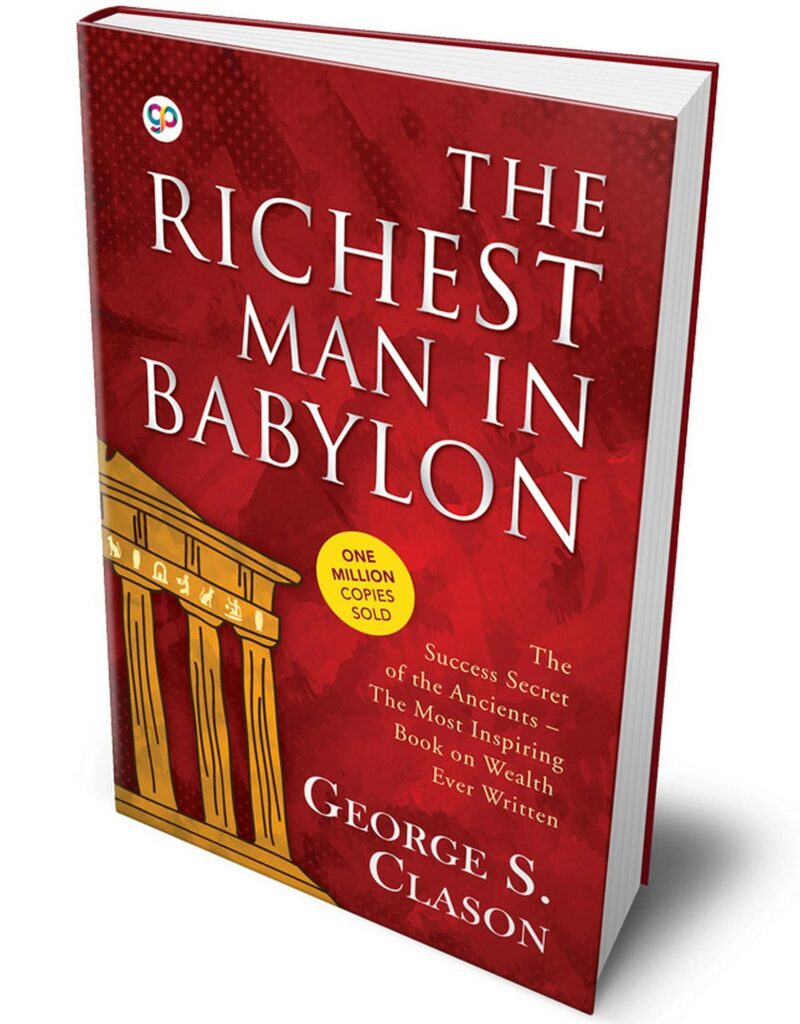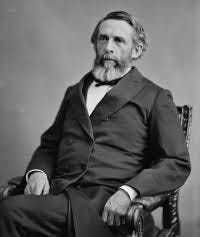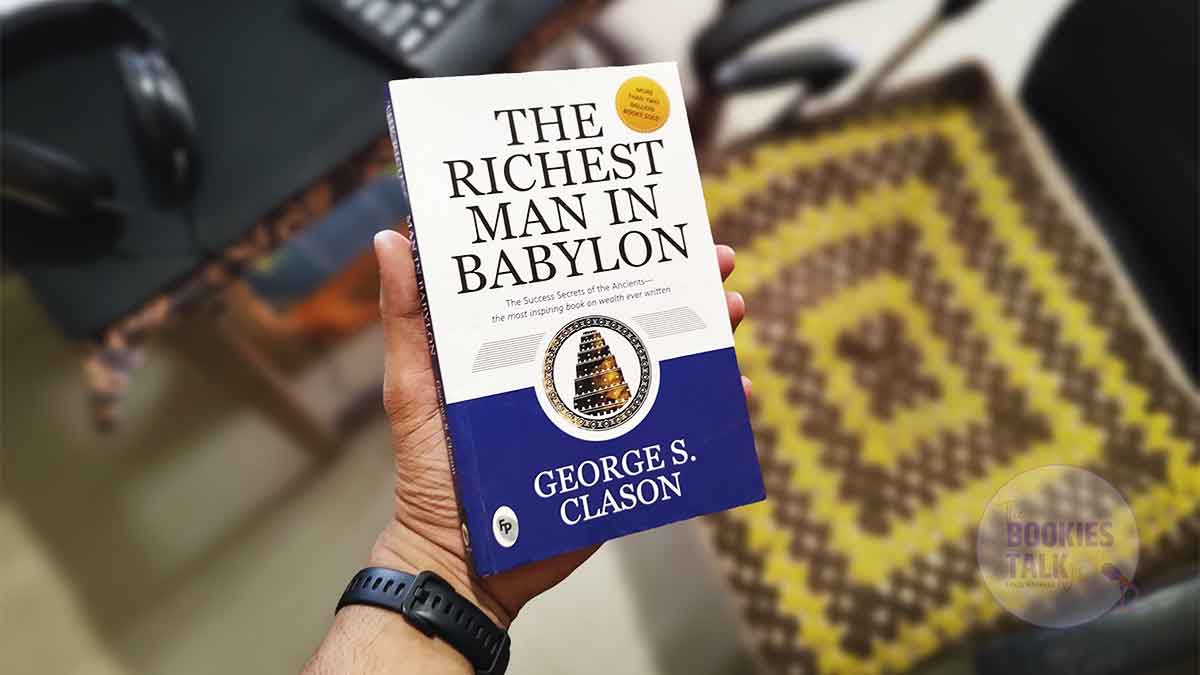Introduction
Babylon is the richest city in the world in its prime. Written by George S. Clason, it include parables and experiences stories about a fictitious character named Arkad, who was born poor, but has changed his life all around.

In 1920–24, The U.S. banks and insurance companies distributed content in a series of pamphlets; the pamphlets were bound together and published as a book in 1926. This book is referred to as a classic of personal financial advice, and appears in modern recommended reading lists on personal financial advice and wealth management, which has kept the book in print almost 90 years after its first edition with over 2 million copies sold.
The book contains 7 chapters:
1) Start thy purse to fattening
2) Control thy expenditures
3) Make thy gold multiply
4) Guard thy treasures from loss
5) Make of thy dwelling a profitable investment
6) Ensure a future income
7) Improve thy ability to earn
Summary
To bring your dreams and desires to fulfillment, you must be successful with money.
The laws of money are like the laws of gravity: assured and unchanging. Money is plentiful for those who understand the simple laws of making money. You must constantly have an income that keeps your purse full. But, at the same time save the most you can as its impact will last for a longer period of time. Most people are using that money on things that rust, rot, or deteriorate to a net worth of zero. You should save at least 1/10th of what you earn. More if you can afford to do so. Enjoy life while you are here. Do not over-strain to save.
It’s simple to say, but many people never achieve a serious measure of wealth because they never seek it. They never truly seek it, focus on it, and commit to it. Youth often assumes, incorrectly, that the old and wise only have wisdom about days gone by. “It costs nothing to ask wise advice from a good friend.” Do not take advice on finance from a brick layer. Go to people who are experts in a particular subject if you want expert advice. It’s too easy for amateurs to give out advice.
You will only begin building wealth when you start to realize that a part of all the money you earn is yours to keep. That is, pay yourself first. You always pay others for goods and services. Pay yourself as much as you can. Save money.
Do not put your money in investments which do not pay a dividend, but also do not invest in risky places that seem too good to be true. Ensure a future income. Every person gets old. Make sure your income will continue without work.
Increase your ability to earn. Improve your skills. As you perfect your craft, your ability to earn more increases. Investing money in over the top schemes is like throwing it out the window because it’s easy for people to mislead you or for factors you didn’t consider to deplete your investment. The more we know, the more we may earn. The person who seeks to know more of their craft is capable of earning more.
The 5 Laws of Gold:
1) Gold comes easily and in increasing quantity to the person who saves at least 1/10th of their earnings.
2) Gold labors diligently and multiplies for the person who finds it profitable employment.
3) Gold clings to the protection of the person who invests their gold with wise people.
4) Gold slips away from the person who invests gold into purposes through which they are not familiar.
5) Gold flees the person who tries to force it into impossible earnings.
Build for yourself a mountain of gold first, then you can enjoy as many banquets as you wish without worry. Don’t spend your money as soon as you earn it.
If you desire to help you friend do not do so in a way that brings their burdens onto you. There are many ways to help people. You don’t have to choose the ways that restrict your time, money, energy, or ability to care for yourself.
The wise lender always has a guarantee of repayment should the investment go poorly. If you invest or use money in businesses you aren’t familiar or people who aren’t good at a task, you will lose it. If you push it too hard to earn money in a near-impossible way, you will lose it. Being cautious with your money is very important as the perks of having money is very good, but should also focus on safeguarding it.
Do not live beyond your means. If you are in debt, live on 70% of what you make. Save 10% for yourself. Use the remaining 20% to repay your debts. If you start with 10% tucked away, you will not even notice the difference. Your quality of life will have no noticeable difference. You surprisingly will learn to live without it.
Stick with the plan. Money accrues surprisingly quickly and debts are gone fast with discipline and consistency. Work attracts friends who admire your industriousness. Work attracts money and opportunity. “Hard work is the best friend I’ve ever had.”
You sometimes have to read between the lines to get the lesson from the fable.
About the Author
- Clason was born on 7 November 1874 in Louisiana, Missouri,USA.
- He attended the University of Nebraska.
- He served in the United States Army during the Spanish–American War.

- Clason is best known for writing a series of informational pamphlets about being thrifty and how to achieve financial success.
- Was married Twice.
- Died on April 7, 1957 in Napa, California.




